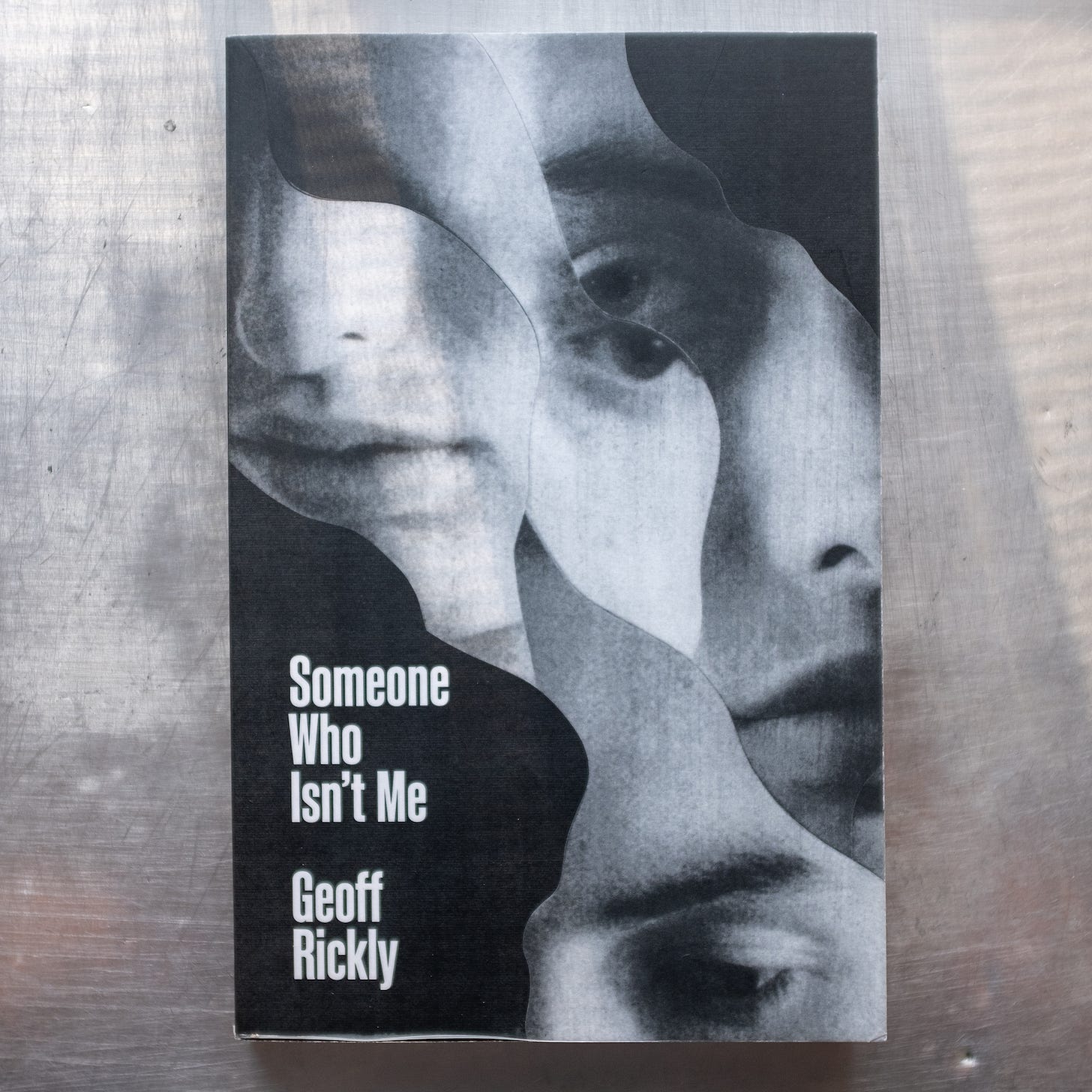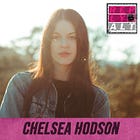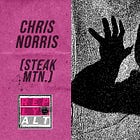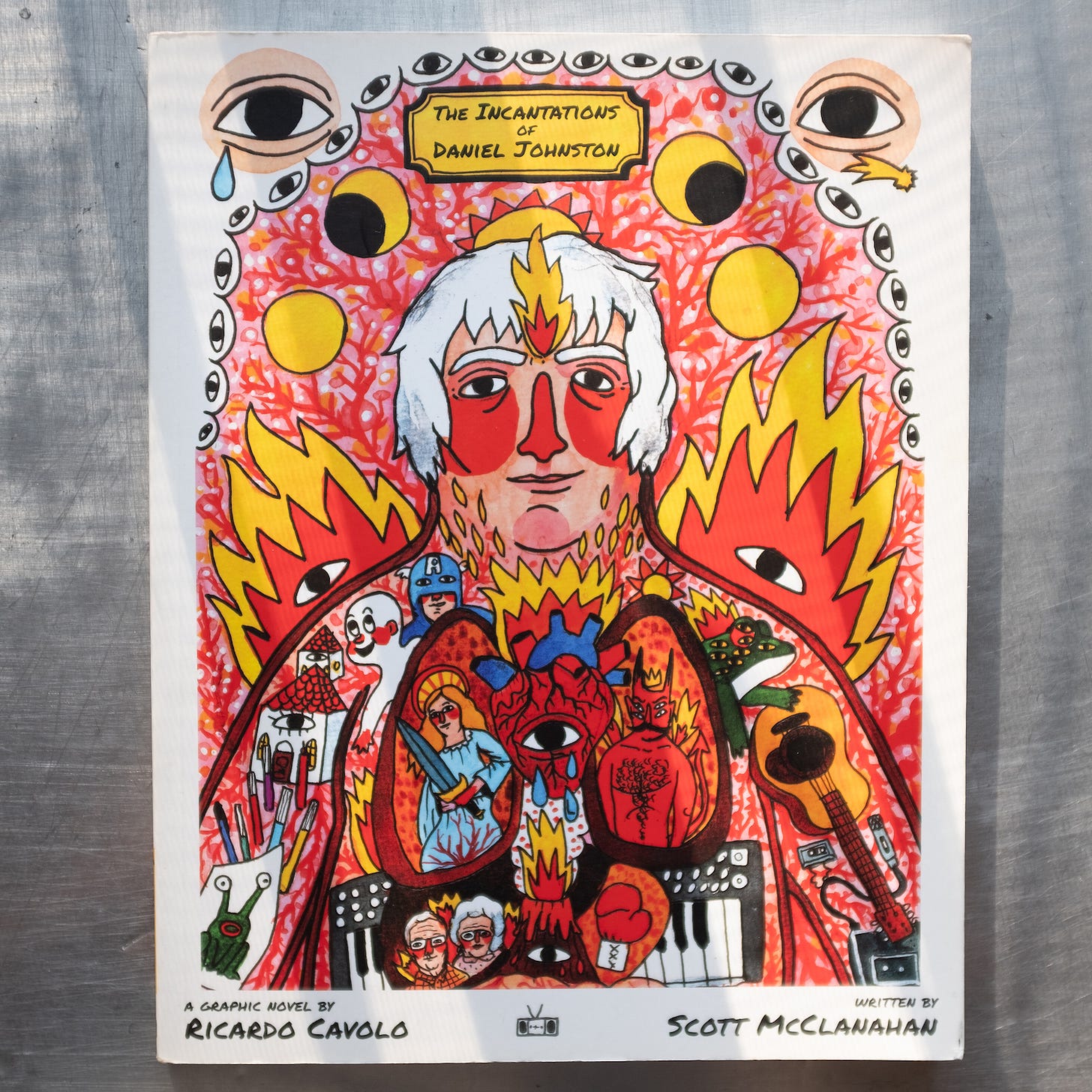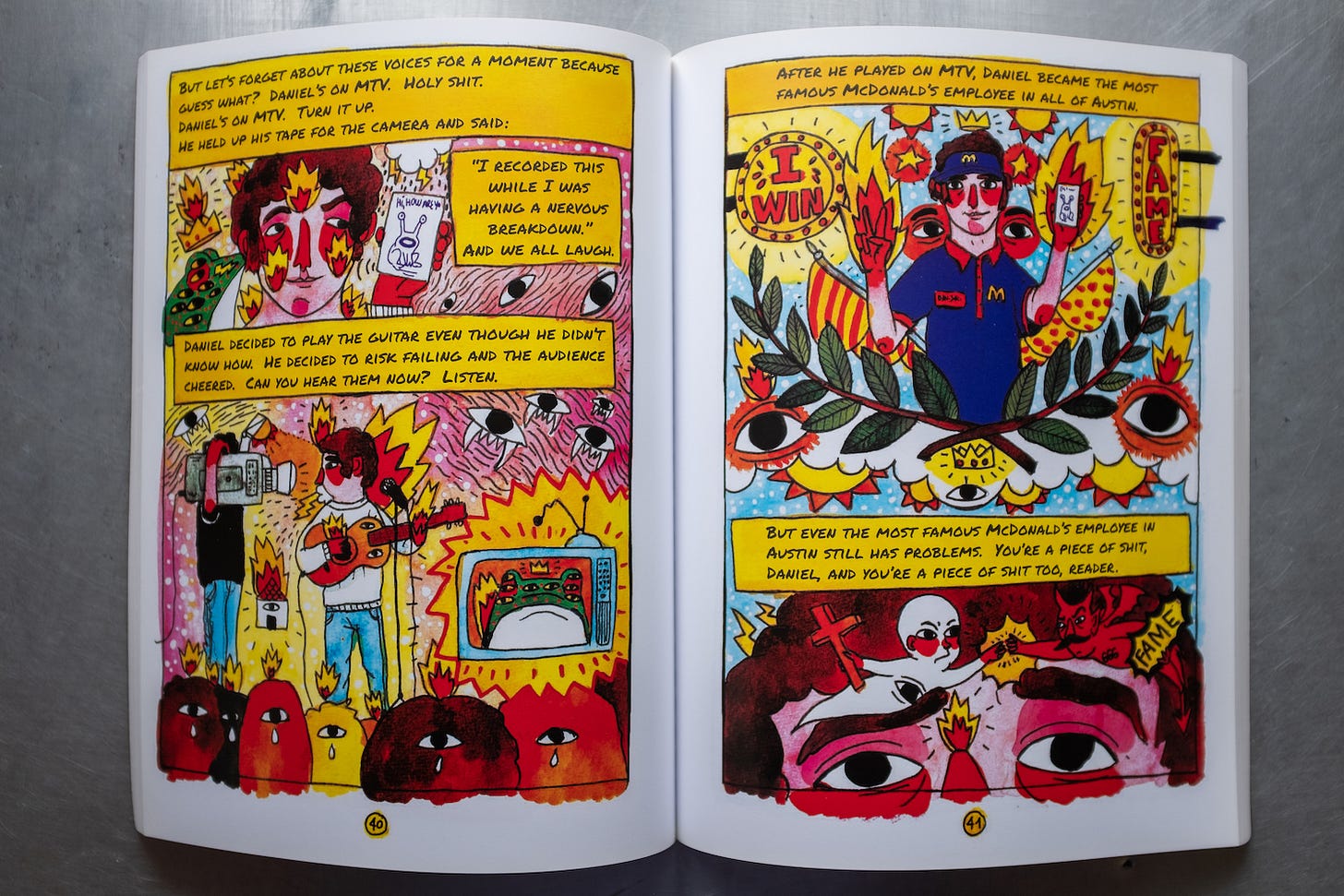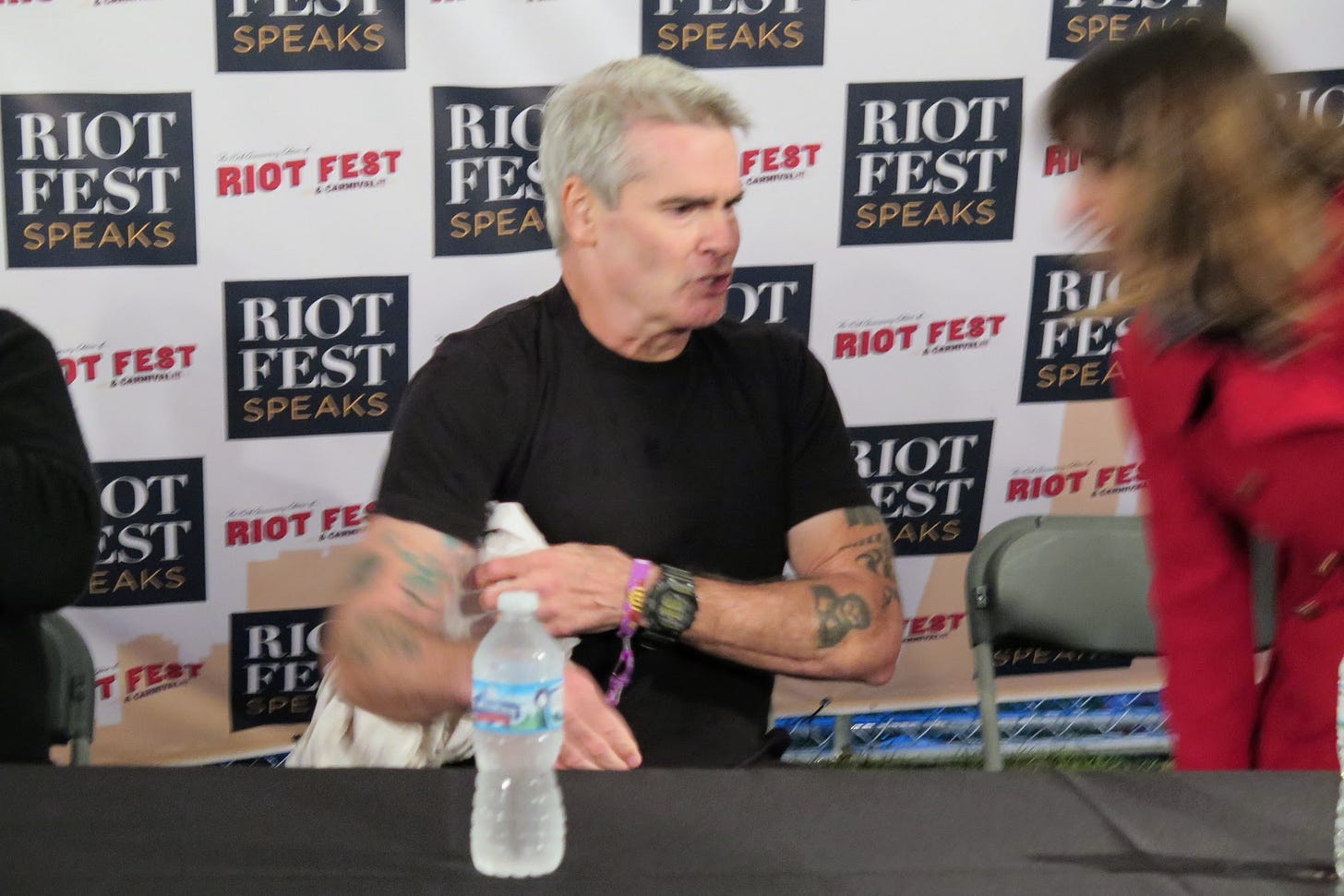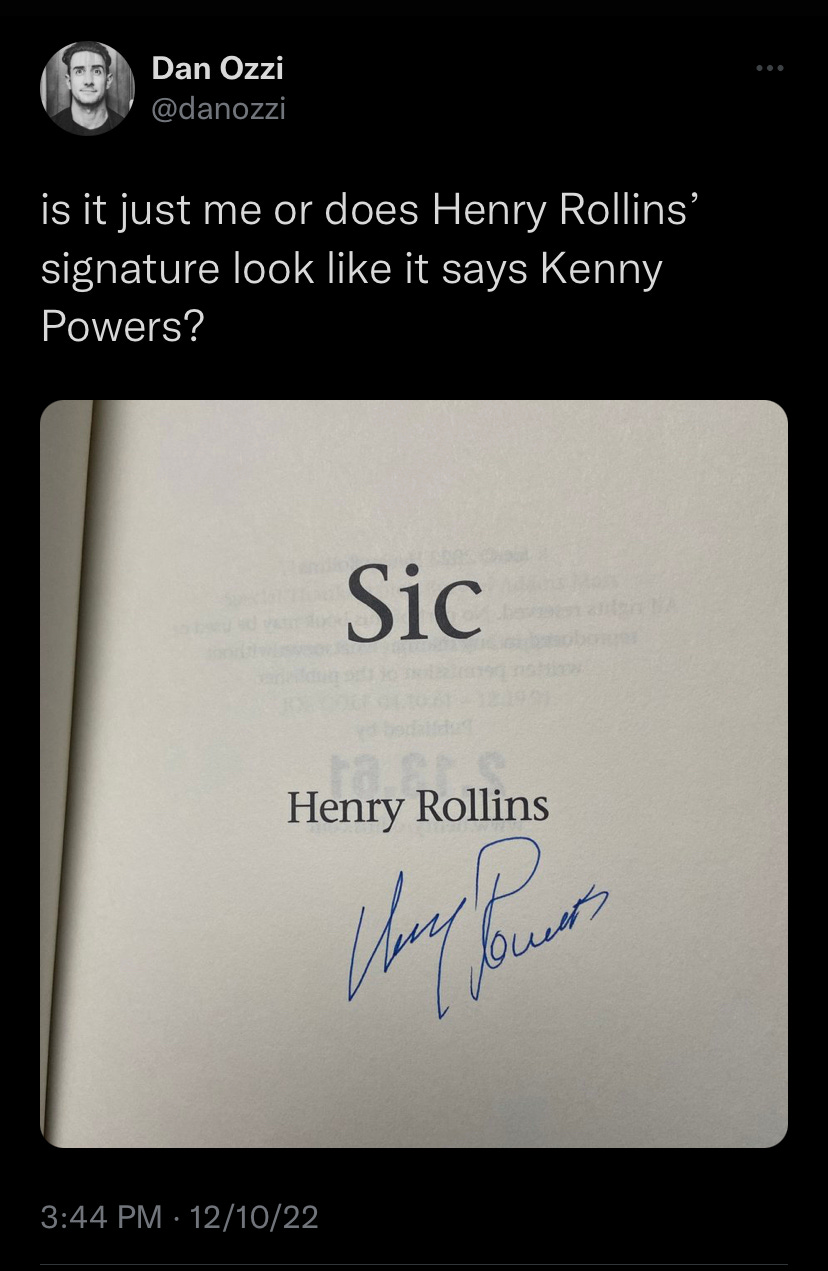Rock Bookshelf: Volume 1
Introducing a new column where I recommend my favorite rock books.
One of the most common questions I get from people is “Dan, obviously SELLOUT is the greatest rock book of all time and nothing could possibly compare to it and it’d be foolish to even try but are there any other rock books you’d recommend?” Great question and, more importantly, great framing.
And the answer is yes! I read a lot of rock books and zines and if I’m being honest, most of them don’t do it for me. Maybe I’m a bit of a snob but there’s a tight tonal line that needs to be walked when writing a rock book. Sometimes it’s too technical and academic and that always bores me to death. It’s a book about rock music, ya dweeb, not a sociology term paper. Other times the book is written by a writer trying SO HARD to sound cooler than the musicians they’re documenting, which never works. But over the years I’ve found a few books that reside in that sweet, sweet middle.
So I decided to start a little Sunday column of rock and rock-adjacent book recommendations for my beloved paid subscribers. This first one is free but you’ll need a paid subscription for future editions. And here, I will even drop the price of a subscription by 50%:
And since I will be doing a few more editions of this book column in the future, please for the love of god don’t write in to say hey what about this book, what about that book. I KNOW OKAY?? I’ll get to them dammit. You must stretch out your content ideas for as long as possible. I believe Sun Tzu said that or maybe it was Jake Paul.
Anyway, here are a few for this week.
BOOKS! BOOKS! BOOKS!
Someone Who Isn’t Me by Geoff Rickly
Sort by: Release date, newest first. This book just came out a few weeks ago and therefore it goes at the top. I don’t make the rules!
You might know Geoff Rickly as the singer of Thursday or as the screaming fella on the cover of my book. Well I guess the guy liked being on a book so much he went and wrote his own. I had high hopes for this. Not only because Geoff is one of those guys who has read too many books (he was the only person interviewed for SELLOUT who quoted the works of Louis-Ferdinand Céline) (and if I’m not mistaken he often sets up a book exchange at his band’s merch table) but also because he teamed up with my friend Chelsea Hodson to release the book as the first title on her recently launched Rose Books. (I interviewed her about the endeavor in case you missed it.) That’s a literary dream team right there.
As excited as I was, though, I also had a feeling that thematically this book was going to be Not For Me. It was billed as a memoirish story about Geoff’s real-life experience with going to a Mexican rehab facility to take ibogaine, an experimental medication said be effective in treating heroin addiction. Generally speaking I’ve never really connected with trippy drugged out books. Not my thing. So I braced myself for Hunter S. Thompson-style writing that reveled in hallucinations as cheap storytelling devices. But SWIM doesn’t do that. Or, at least, it is careful not to celebrate it. Instead its use is heartbreaking, making the reader feel like they’re watching someone drown and being powerless to help them. Here’s a section that fucking broke me:
But this book’s greatest strength is that it baaarely classifies as a rock book. Sure, the main character fronts a hardcore band, but there’s very little actual rock ‘n’ roll in the book. A relief, honestly, because let’s face it: It’s boring reading an entire book about this venue and that venue and this tour and that tour. It gets repetitive. How many fucking ways can you describe the hum of amps and the screeching of guitars? I say this as someone whose career relies on it almost entirely.
As a writer who has to rely on facts to document music history, I found myself genuinely jealous of the small liberties Geoff got to take with the truth here. Like, if I had my way, every band I write about would be a trio. Four members is too many to ask the reader to keep track of. Five members?? Ooof fuhgeddaboutit. When I was writing the Thursday chapter of SELLOUT, for example, I kept thinking: Man, I wish I could fudge this a bit and consolidate some of these band members. It did not help that their names were Tim and Tom and I think maybe I have some form of mild dyslexia. In an ideal world, I could smudge it a bit, but alas, I am bound to that pesky concept known as The Truth. But Geoff totally got away with it! He completely cut a Thursday member, or maybe he sort of consolidated them into one guy. Either way, I never felt like I was being bombarded with too many characters but never felt like I was missing too much detail either.
The balance is what I love most about SWIM. The addiction storyline is certainly the base and its selling point, but it’s also a little bit punk memoir, a little bit love story, a little bit nostalgic tour through Greenpoint (Geoff and I used to live on the same block—shout out to Peter Pan Donuts), and just a liiiiittle bit Martin Shkreli tell-all. And the way it all spirals downward together makes it feel like Dante’s Inferno if it was centralized in a tour van.
Wait. Forget what I said earlier about the book’s greatest strength being a rock book that’s not a rock book. Its greatest strength is actually the prose. I forgot about that. Just immaculate writing, every sentence picked clean of any fat. Chelsea is a great editor. I hope to one day be edited by her and maybe she can fix up some of my long winded sentences that run on and on forever and never really go anywhere and you wonder when I’m going to just end them but then they keep going on for longer and it feels endless and you’re thinking ah jeez man wrap this up or at least use proper punctuation but joke’s on you bozo because I refuse.
I realize I am biased here but this is just a really special book. You know when one of your buddies makes something you think is mediocre but you still gotta log on and post “so proud of this one [heart emoji]”? Not the case here. I am genuinely, proudly recommending it with my whole ass. Do I think its success will possibly lead to less worthy hardcore frontmen thinking they too have a book in them when they actually do not? Maybe, but for now weeeeeeeeeeeeeee.
Also, go see Geoff read if you get the chance. Here’s a photo I took the other night at Stories in LA.
Also also, the next book on the Rose Books roster is The Holy Day by my former guest Christopher Norris, out in October. You can pre-order it now from the Rose Books website. I even got asked to write one of them fancy blurbs for the cover:
The Incantations of Daniel Johnston by Ricardo Cavolo and Scott McClanahan
I have given this book out as a gift to at least three different friends. And it was originally gifted to me, which I remembered today when I opened to the title page and saw that a friend had inscribed it: “Chin up, idiot.” What was I moping about then, I wonder. Who can know?
Anyway, this is an illustrated biography of the life of the late freak-folk anomaly Daniel Johnston (with illustrations by Spanish artist Ricardo Cavolo). The book was originally published in Spain and was reinterpreted in English by Scott McClanahan, who is one of my favorite working writers today. If you haven’t read his 2017 divorce memoir The Sarah Book, get on it immediately. Heartbreaking and hilarious and there’s a chapter about an ancient pug that will emotionally wreck you. I have also gifted that book to at least three different people.
I say this book was “reinterpreted” and not “translated” because I remember reading an interview about it where McClanahan said that instead of trying to directly convert it to English, he just looked at the blank boxes above the illustrations and simply wrote what he thought should go there. Maybe I’m misremembering that, but I’m not going to correct it, because that looseness with the facts is how this book works. Did Johnston really buy a motorcycle and travel the world with a carnival? McClanahan admits in the book that it doesn’t really matter. “Who cares? Because he did inside this book.”
Obviously, this semi-fictional reimagining is not a format that would fly for every musician. I’m picturing the horde of angry nerds that would burn down a Barnes & Noble if an author got so much as an album release date wrong in a Pavement biography. But for Johnston, a man whose life was often messy and troubled, and whose outsider art had a whimsical quality to it, it’s a perfect fit.
I really had it in my head that this book was released posthumously, but in checking the dates I’m realizing it was published a few years before Johnston’s death. So I went digging to see if he had ever been asked about it and found this quote from an interview with Cavolo in the Fader:
“Daniel Johnston came to play a concert in Barcelona, and I was able to give the comic to one person in his band, so he could give it to Daniel backstage. The next day someone called me because Daniel was obsessed with the comic, and he wanted to meet and talk. So we met at his hotel and we talked for an hour about it, and about his art and my work. He told me he would love to work on some pages of my next comic book in some kind of collaboration, so it was like a dream. It was the perfect epilogue.”
Even if you’re unfamiliar with Johnston, this is still worth picking up. Or if you are good friends with me, you can just wait a while since there’s a good chance I will gift you one some day.
Sic by Henry Rollins
I wasn’t planning on including this book. I had some other books in mind for this week. But I’m calling an audible at the last minute to instead discuss Henry Rollins’s newest release since a clip I posted of him being the voice of reason against noted rape apologist Bill Maher went viral this week.
As a guy who lifts weights (I believe the politically correct term is “Person of Dumbbell”) I’ve always had a fascination with Henry Rollins. Like many others who found punk in the 90s, I’ve known him less as a musician and more of an omnipresent pop culture fixture. Punk’s token talking head. Show me a music documentary in which Rollins is not interviewed in front of his record collection. I’ve attended his spoken word performances. I’ve read most of his books. I’ve seen just about all of his movies. I’ve never met him though. Maybe I don’t want to. I have only ever gotten close enough to take a not very good photo of him.
There’s a mystery about Rollins I’d rather remain unsolved which is: How much resemblance does this guy bear to the grump in his writing? In his diaristic books, he comes off as surly and antagonistic. A misanthrope. Damaged. Mad at the world and proud of it. A loner, Dottie, a rebel. In his newest book, Sic, he spends so much time reflecting on the murder of his friend Joe Cole, which happened 30 years ago. He is still angry and obsessive. Still battling PTSD and survivor's guilt. Still fantasizing about tracking the killers down vigilante style and bashing their heads open with a hammer.
Thematically, this is well trodden territory if you’ve read any of his books. But the most interesting insight into his personality is shown during once the pandemic begins. Or, more accurately, it remains unshown. The book contains his writing from 2019 to 2021. Rollins spends much of 2019 groveling about how much he hates auditioning for movies, how social anxiety makes him want to leave his friend’s show at Zebulon early (been there, buddy!), and how much he despises the people around him at Starbucks (did I try to figure out which Starbucks location he was in based on the context clues? Absolutely I did.).
The whole time I’m reading this I’m thinking: Okay, finally, 2019 is almost over. Can’t wait to see what ol’ Hank has to say about enduring the 2020 pandemic. But… he never does! There’s a huge gap where Covid should be. He spends most of those pages reprinting email wars he has engaged in with scammers for sport. The journal entries pick back up again in December 2020. He never really goes too deep into Covid but only occasionally treats it as another grievance in his long list of them. So either:
He’s saving his plague year entries for a future book.
He has such a monastic focus on his misanthropy that not even a global pandemic can shake him off track.
Frustrating, but I will say to Sic’s credit: While I find books made up almost entirely of journal entries a chore to read, the depth and reflection in each is impressive. His earlier works read a bit more like daily recaps (“I’m at a gas station in Wyoming and it smells like beans” or “Two kids got their teeth kicked in at tonight’s show” or whatever), but Rollins, now in his sixties, is a lot more insightful and introspective on the page these days. Don’t get me wrong. There are giant sections that are just outlets for his murder fantasies, but it’s when he’s honestly looking inward that he’s at his best.
It’s an enviable quality. I try (and often fail) to write a few journal pages daily, and most of my entries read along the lines of “How can I sell more copies of my book? Oh GOD I want to sell more books. Do people even like me?? I’m hungry. More tomorrow.” Like lifting weights, journaling is a daily practice. Just as you can look at someone and tell they hit the gym every day, you can read someone’s journal and tell how often they flex their head. Sic is a great example of a guy in good mental shape. His brain is, as they say in gym culture, going Beast Mode. He is legitimately good at it.
As I said though, the format does get repetitive. I’d love to see Rollins go longer on a singular, focused work some day. Lifting weights is all well and good, but ultimately if you’re not training for something, what’s the point?
A BRIEF PAUSE FOR SOME BOOKS IN THE NEWS
In case you missed it this week, Rolling Stone founder Jann Wenner talked to David Marchese at the New York Times about his new book The Masters, a collection of conversations with musical heavyweights like Lennon, Dylan, and Bono. I’d rather pull my toenails out individually than read the actual book but I was very interested to read the interview since Marchese is a master of pushing people to say things they end up regretting. This is not his intent but it certainly seems to happen a lot. I once interviewed him about his interview process (meta!) and it’s a helpful read if you’re in the question-asking business.
As often happens with Marchese’s subjects, Wenner was given enough rope and eventually hung himself with it. The quote that understandably got the most attention was when Wenner said he didn’t interview any Black or female musicians for the book because they weren’t “articulate enough on this intellectual level.” Eesh. I’m not touching that one but will instead point you in the direction of the last book roundup I did which was made up entirely of books by female musicians that are very worth your time.
But as a writer the part of the interview I found totally bonkers was when Wenner was asked if his subjects were able to edit their interviews before publication and he said:
About Bono…
Looking for grammatical stuff, usage stuff; changing a word here and there, if he’d want to use a different word that’s more precise; maybe something was too intimate and he decides he doesn’t want to put it on the public record. I’m happy to do that with these subjects. As I said before, these are not meant to be confrontational interviews. These are profiles in a way. If I have to trade the level of trust that is necessary to get this kind of interview, to let people put a few things off the record, nothing of any value, maybe something about their kids or their family or not wanting to put down somebody. I let John Lennon edit his interview, and everything he said in that interview ——
About John Lennon’s 1970 interview…
Yes. He went through, and he made changes here and there. Basically, it’s interview subjects clarifying what they want to say, making it more precise. Because it’s a long stream of yap and verbiage and you sometimes don’t think through every word. I want them to have the opportunity to say precisely what they meant.
…
Look, nothing was ever substantively changed from the original interviews. These are all minor changes that really get to accuracy and readability and all that stuff. Secondly, these were not meant to be confrontational interviews. They were always meant to be cooperative interviews.
Fucking WHAT? This is… incredibly bad journalism. Like, for a freelance blogger making 200 bucks an interview this is bad journalism. For a media mogul who founded one of the most recognizable music brands in American history it’s… I don’t know what. Negligent at best. Pathetic at worst.
Wenner was promptly removed from the board of directors of the Rock & Roll Hall of Fame Foundation which I’m just now learning from reading this article is actually a punishment.
Yeesh. No real winners in this story except for Marchese, a true menace with a recorder. Now, HIS book of interviews, I’d read that in a second.
ZINE CORNER!
Time Only Moves in One Direction by Chris Black
Recently my friend Sydney told me that she is obsessed with a podcast that has positively mentioned my book. She told me the premise of it and the name but I immediately forgot it. “That’s cool.” I said. “Do people listen to it?” She said, “Yes, Dan, it’s an incredibly popular podcast. How have you not heard of it?” And I said “Goddammit Sydney I am extremely out of touch with culture is that what you wanted to hear?? That I don’t actually know shit about new music and all I do is bingewatch old episodes of Naked and Afraid? I’m a fucking fraud, Sydney. Are you happy now????”
Then by coincidence I recently picked up this photo zine and the photographer’s name sounded familiar. I put two and two together and texted Sydney: “Is this the guy whose podcast you like?” It was. Mystery solved.
In addition to hosting a podcast, Chris Black released this no-frills film photography zine (uncoated paper stock??) that I keep coming back to. There are some fun photos of extremely famous people like Pete Davidson and Phoebe Bridgers but they’re casually tossed in among photos of ordinary scenes and items like a bowl of cherries or a can of soda sweating in the sunlight. Really makes you think. About what, I don’t know because I am very stupid. But maybe a smarter person can figure it out. An attempt to equalize all his subjects on the page? A commentary on the meaninglessness of celebrity obsession? Then again maybe it’s just a dump of some cool lookin’ photos he had lying around. Again, I am too stupid to analyze art and watch a show where two naked people try to survive in the wilderness.
Oh right, and the podcast is called How Long Gone and maybe those of you more culturally knowledgeable than me have heard of it. If there are any friends of the pod reading, please tell Chris I appreciate the book mentions and that I like his zine!
Follow me on the internet. Threads | Twitter | Instagram | Website
Get my book SELLOUT at Bookshop, Barnes & Noble, or Amazon.



